Sadaqah is the soul of generosity in Islam. It’s a voluntary act of charity that goes beyond obligation it comes from the heart. Whether it’s giving a few coins, a smile, a kind word, or a shared meal, every small act of Sadaqah is recorded by Allah and multiplied in reward.
While Zakat is a duty, Sadaqah is a gift open to everyone, every day, in every form.
When a person dies, all their deeds end except three: Sadaqah Jariyah, beneficial knowledge, or a righteous child who prays for them.
(Sahih Muslim, 1631)
The best Sadaqah is that which you give when it’s hardest, not what’s left over, but what you value.
What is Sadaqah?
The word Sadaqah comes from the root sidq, which means sincerity. That’s because true charity is an honest reflection of faith. Sadaqah is any act of giving or kindness done purely for the sake of Allah, without expecting anything in return.
It includes:
- Giving money or food to the poor
- Smiling at someone
- Making dua for someone
- Helping your neighbour
- Donating time, skills, or effort
- Even moving a harmful object from the road
Sadaqah is not measured by amount, but by intention. A poor person giving half a date with sincerity may be rewarded more than a rich person giving a large sum to impress others.
Sadaqah vs Zakat
| Feature | Zakat | Sadaqah |
|---|---|---|
| Obligation | Mandatory | Voluntary |
| Who gives it | Only Muslims above Nisab | Anyone |
| Who receives it | Eight defined groups | Anyone in need |
| Timing | Once per lunar year | Anytime |
| Amount | Fixed (usually 2.5%) | Any amount |
Zakat cleans wealth. Sadaqah softens the heart.
The Benefits of Sadaqah
Sadaqah is one of the most beloved actions to Allah. Its benefits are both spiritual and practical:
- Protects from calamity
The Prophet ﷺ said: “Give Sadaqah without delay, for it stands in the way of calamity.”
(Tirmidhi) - Extinguishes sins like water puts out fire “Sadaqah extinguishes sin as water extinguishes fire.”
(Sunan al-Tirmidhi 614) - Multiplies your reward “The example of those who spend their wealth in the way of Allah is like a seed… which grows seven spikes; in each spike is a hundred grains.”
(Qur’an 2:261) - Heals the heart
Giving with sincerity cleanses your soul and reminds you of what truly matters.
Types of Sadaqah
There are many different forms of Sadaqah, including:
Public Sadaqah: Can inspire others but must be free of pride.
Sadaqah Maal (Financial charity): Giving money, clothes, or goods.
Sadaqah Jariyah (Ongoing charity): A long-lasting form like building a well, funding a school, or donating Qur’ans.
Non-material Sadaqah: A smile, kind word, or physical help.
Private Sadaqah: Given discreetly for pure sincerity.
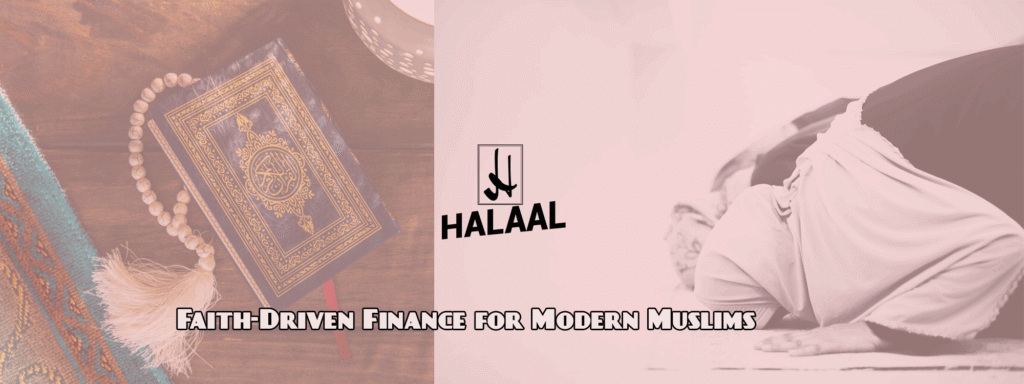
Who Can Give Sadaqah?
Anyone. There are no restrictions. Whether you are rich or poor, Muslim or not, adult or child — the door of charity is always open.
Even if you can’t give money, you can give a smile, a helping hand, or a prayer.
Who Can Receive Sadaqah?
Sadaqah can be given to:
- The poor and needy
- Friends and family
- Neighbours and strangers
- Non-Muslims
- Anyone in need of support or kindness
Unlike Zakat, there are no specific categories or conditions.
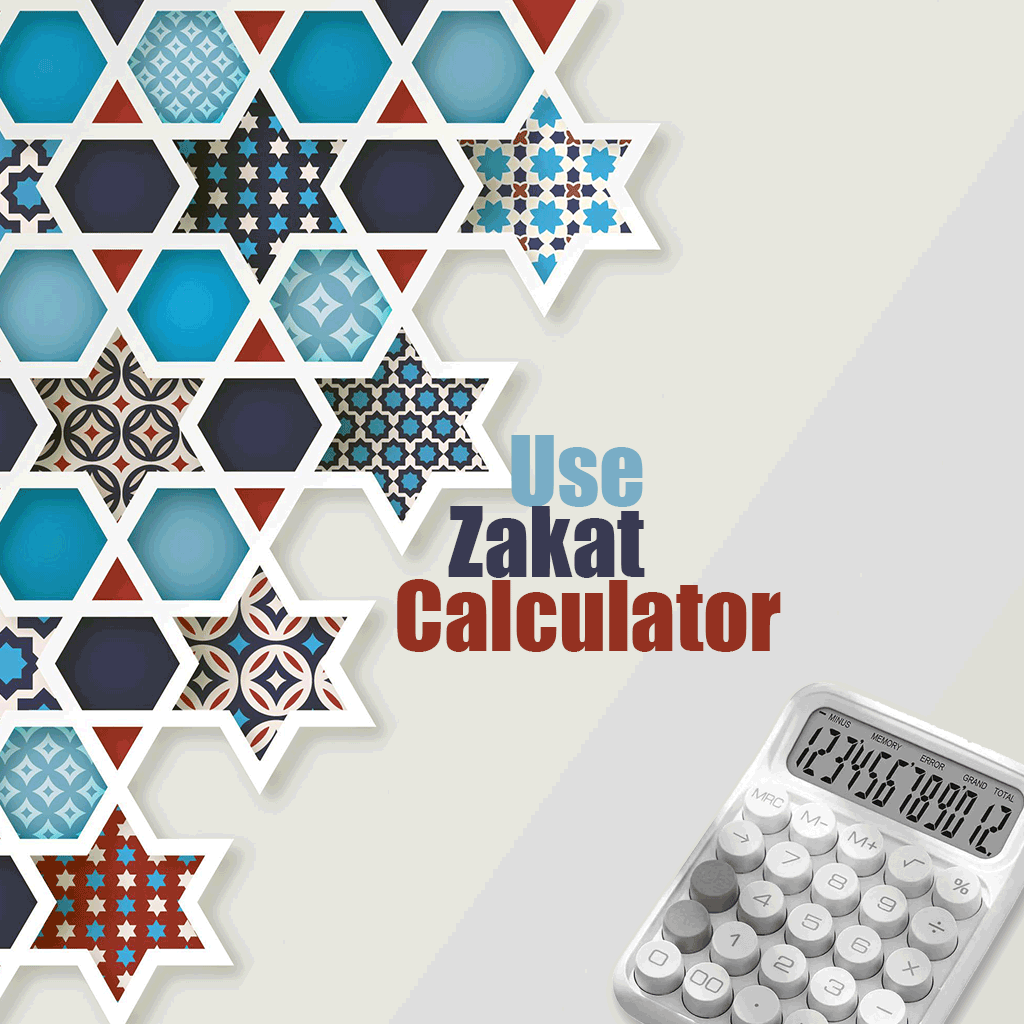

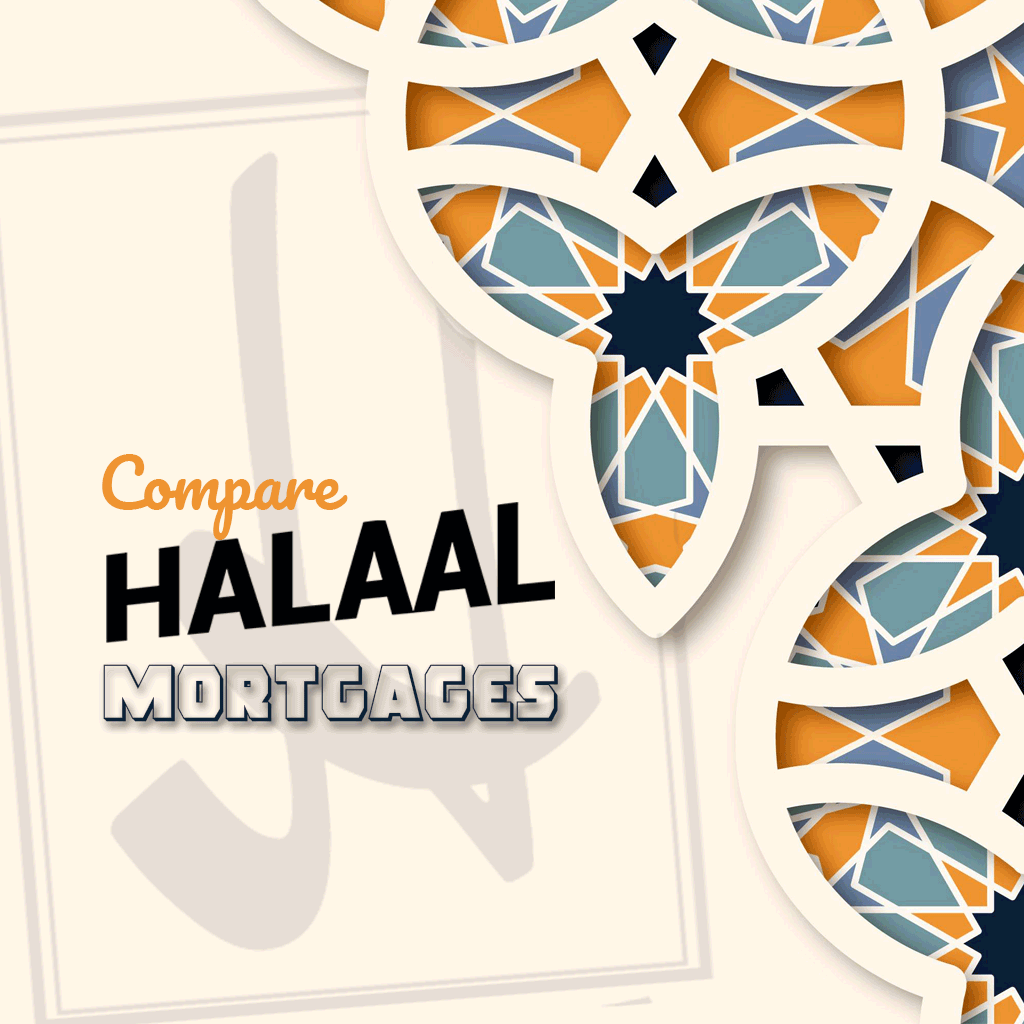
Sadqah FAQ’s
Yes. You can give on behalf of a loved one, including the deceased. It becomes a source of reward for both of you.
Absolutely. Many people make a habit of giving even a small amount daily — 10p, £1, or a kind word. Allah sees every act.
No. Any act of kindness counts – feeding a bird, picking up litter, or even a warm smile.
It’s ongoing charity that continues to benefit others and earn reward even after you pass away. A powerful way to leave a legacy.

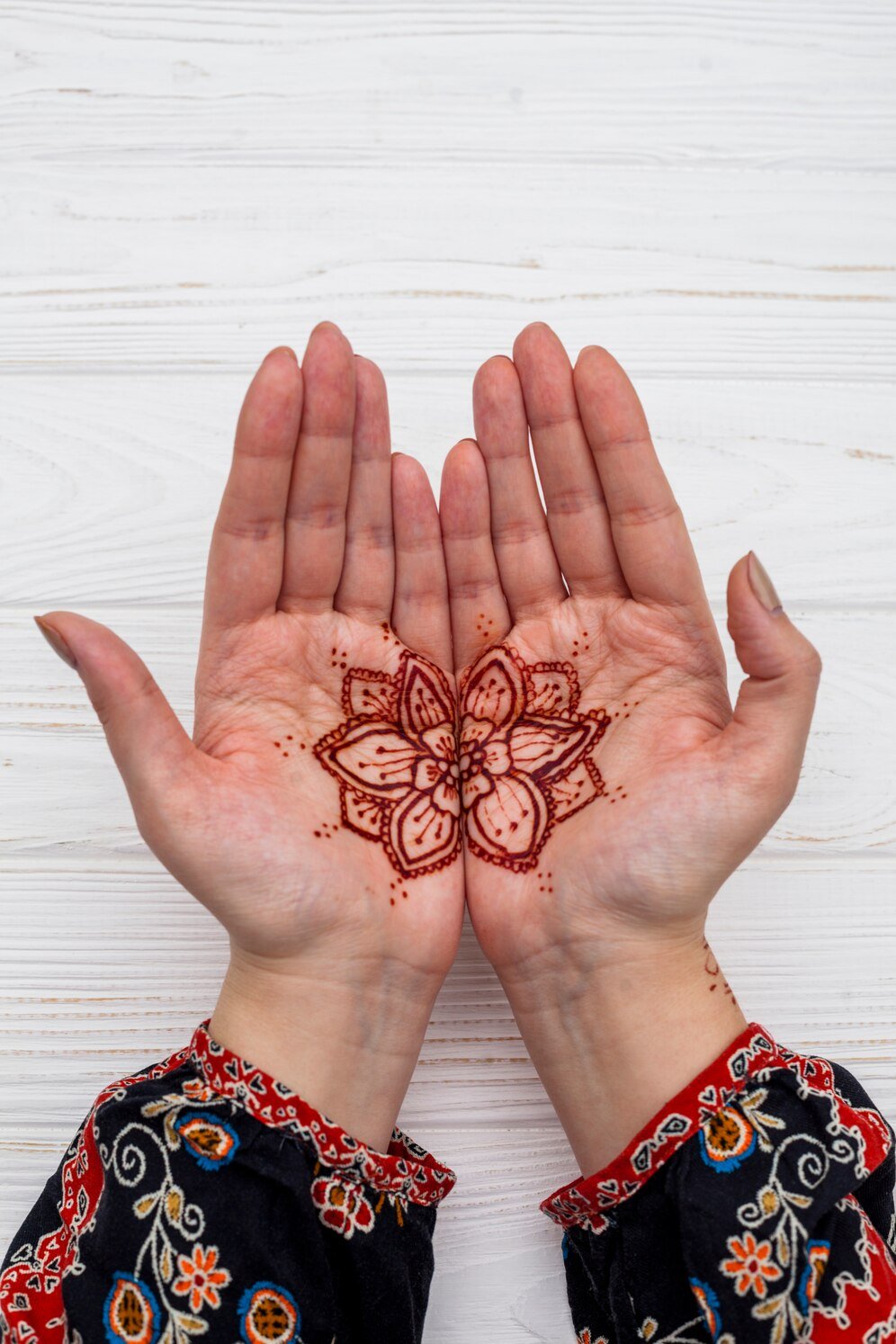


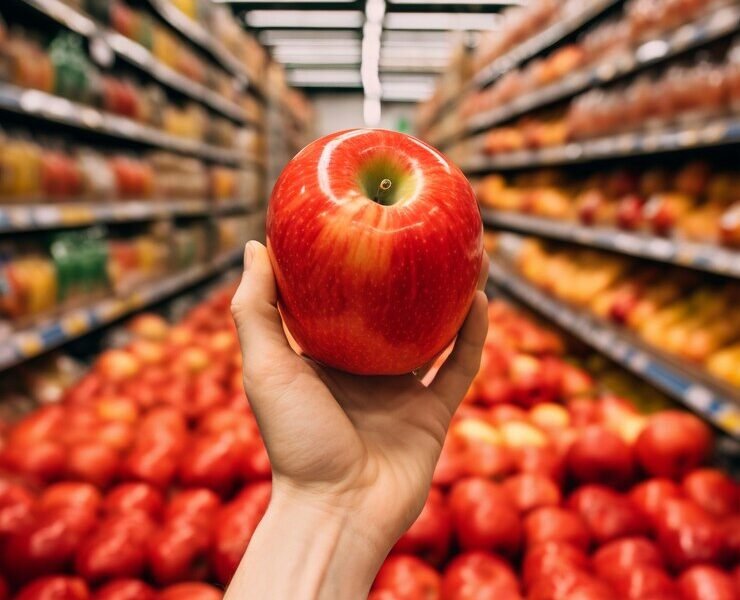

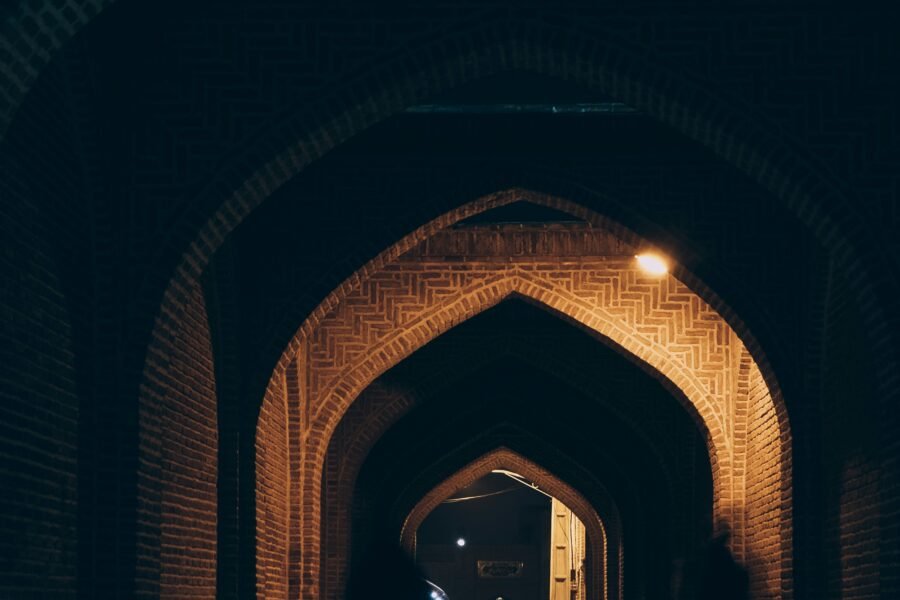

Sign up